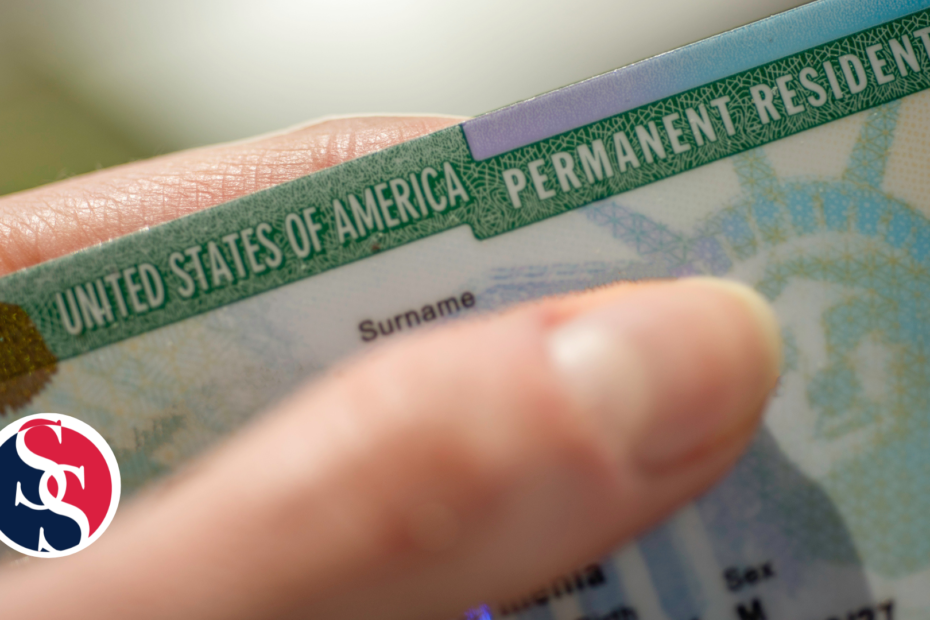We understand in our firm that navigating the path to permanent residency in the United States can seem like a complex and daunting process. Among the various routes to obtaining a green card, labor certification, officially known as PERM (Program Electronic Review Management), is a critical step for many employment-based visa applicants.
Let us share key information with you that can shed light on the labor certification process and how it serves as a cornerstone for securing a green card through employment. We are here to answer any questions and work with you on this important process as well.
First, you may wonder just what is labor certification? Labor certification is a process required by the U.S. Department of Labor (DOL) to ensure that the employment of foreign workers will not adversely affect the job opportunities, wages, and working conditions of U.S. workers in similar positions. It is the first step for certain foreign nationals seeking to obtain an employment-based green card.
The PERM process involves several key steps, outlined below, that you can discuss with your immigration attorney, to demonstrate that hiring a foreign worker is necessary due to the unavailability of willing, able, qualified, and available U.S. workers.
- Pre-Filing Job Duties and Requirements Analysis. The process begins with the employer defining the job’s minimum requirements and duties. This step is crucial, as the job description must accurately reflect the position without tailoring it to the foreign worker’s qualifications excessively.
- Recruitment Phase. The employer must conduct a recruitment campaign to test the labor market. This includes placing job advertisements in various media, such as newspapers, online job boards, and internal company postings, to ensure that there are no able and willing U.S. workers available for the position.
- Prevailing Wage Determination (PWD). The employer must request a PWD from the DOL to identify the average wage paid to similarly employed workers in the geographic area where the job is located. The offered wage to the foreign worker must meet or exceed this prevailing wage to ensure that the employment of the foreign worker will not adversely affect the wages of U.S. workers in similar positions.
- Filing the PERM Application. After completing the recruitment process and if no qualified U.S. workers are found, the employer can file the PERM application with the DOL. The application details the recruitment efforts and proves that there are no qualified U.S. workers available for the job.
- Certification. If the DOL approves the application, it issues a labor certification. The certification indicates that hiring the foreign worker will not harm U.S. workers’ employment opportunities.
Once labor certification is approved, the employer can proceed to file an immigrant petition (Form I-140) with U.S. Citizenship and Immigration Services (USCIS). The foreign worker can then apply for a green card, either through adjustment of status in the United States or through consular processing abroad. It is important to know that the PERM process is time-sensitive, with strict deadlines for filing and responding to DOL inquiries. It is crucial to maintain meticulous records and adhere to timelines. An experienced immigration attorney can navigate the complexities of the labor certification process, ensuring compliance with all legal requirements and enhancing the likelihood of a successful outcome.
Labor certification is a vital step for many employment-based green card applicants, serving as a bridge to achieving the American dream. While the process is complex and requires careful planning and execution, the outcome, a green card, opens doors to new opportunities in the United States. At the Law Offices of Suzanne St. Luce, P.A., our staff is qualified to offer a wide range of immigration legal services. Our attorney has over 20 years of experience and we want to help you with your case. We take all cases… Personally. Please contact us for questions related to your specific situation.

